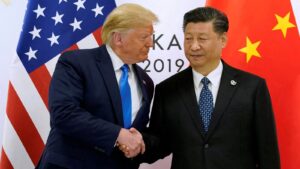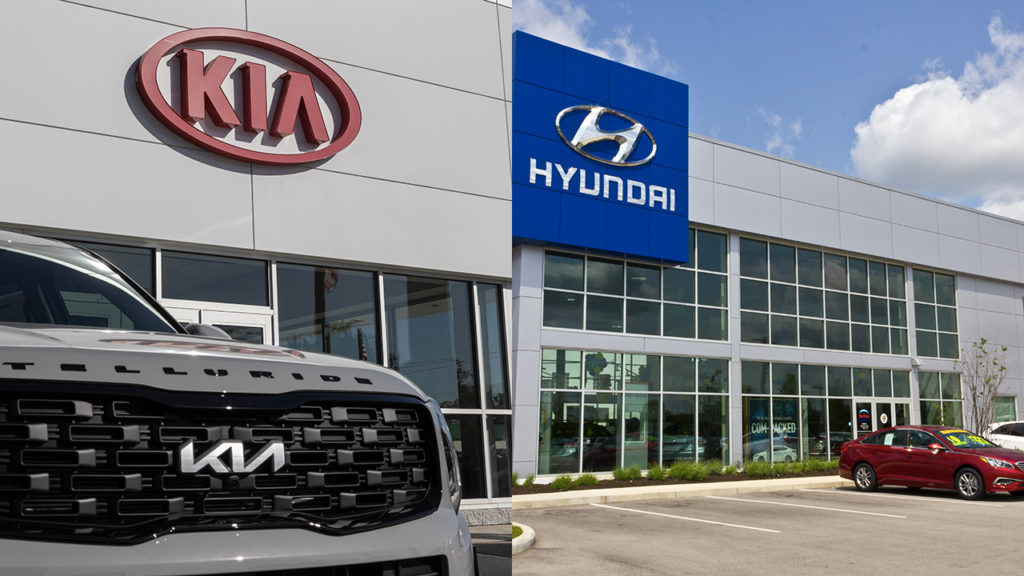|
Getting your Trinity Audio player ready...
|
Hyundai Motor and Kia Corp. have announced their decision to adopt Tesla Inc.’s electric vehicle (EV) charging technology in the United States, a move that brings Tesla’s charging infrastructure closer to becoming an industry standard while also boosting the convenience and accessibility of charging options for Hyundai and Kia EV owners.
Following in the footsteps of global peers such as Ford Motor, General Motors, and Nissan, Hyundai and Kia are embracing Tesla’s North American Charging Standard (NACS) over the rival Combined Charging System (CCS). This strategic shift is set to have significant implications for the EV market in North America.
Hyundai and Kia confirmed that their upcoming EV models will come equipped with a NACS port, with the rollout scheduled to begin in the fourth quarter of 2024 in the United States. Canadian customers can expect Hyundai EVs with NACS ports to be available in the first half of 2025, while Kia’s EVs will incorporate the technology by the end of 2024.
This decision grants Hyundai and Kia EV owners access to over 12,000 Tesla Superchargers spanning the United States, Canada, and Mexico, further enhancing the convenience of long-distance travel for electric vehicle users.
Furthermore, Hyundai and Kia will provide adapters to current and future EV owners, allowing them to access Tesla’s Supercharging Network using the existing CCS ports. This feature is set to be available to customers in the first quarter of 2025.
Hyundai Motor had previously indicated its willingness to consider greater compatibility with the NACS charging system, and this move solidifies its commitment to enhancing the charging experience for its customers.
Tesla’s NACS charging system is widely available, with approximately 60% of fast chargers in the United States adhering to this standard, according to the U.S. Department of Energy. The CCS system, backed by automakers like Volkswagen, is a competitor, but discussions have taken place between Volkswagen and Tesla regarding the potential adoption of the NACS.
This announcement comes on the heels of Hyundai’s earlier plan to collaborate with industry partners, including Kia, Stellantis, and BMW, to establish a joint venture aimed at developing an extensive EV charging network in the United States. The objective is to challenge Tesla’s charging infrastructure while leveraging government subsidies offered by the Biden administration.
The decision by Hyundai and Kia to integrate Tesla’s NACS technology underscores the evolving landscape of EV charging standards and the efforts by automakers to provide seamless, efficient, and widespread charging solutions for their customers. As the competition in the EV market continues to intensify, partnerships and strategic alliances are becoming increasingly vital to address the infrastructure challenges associated with electric vehicle adoption.



